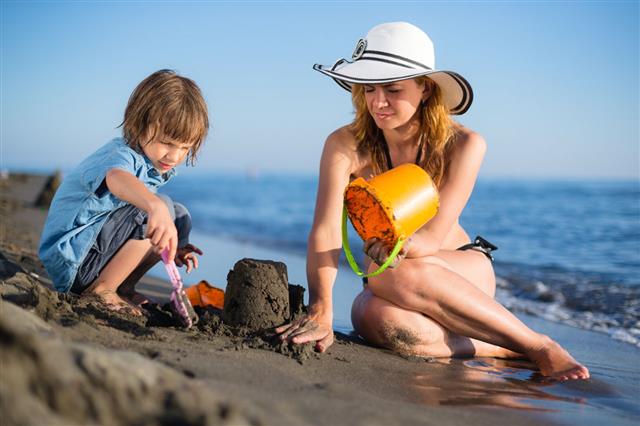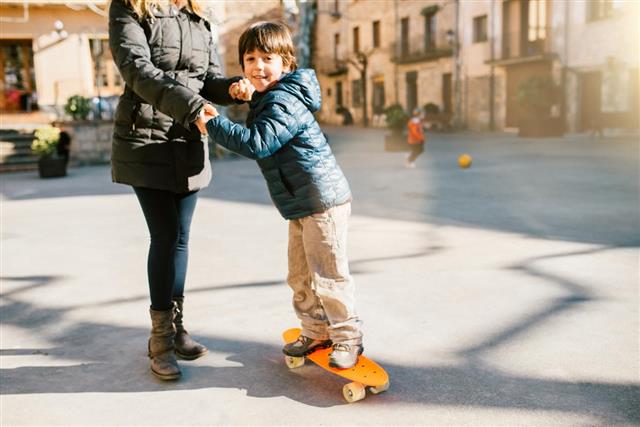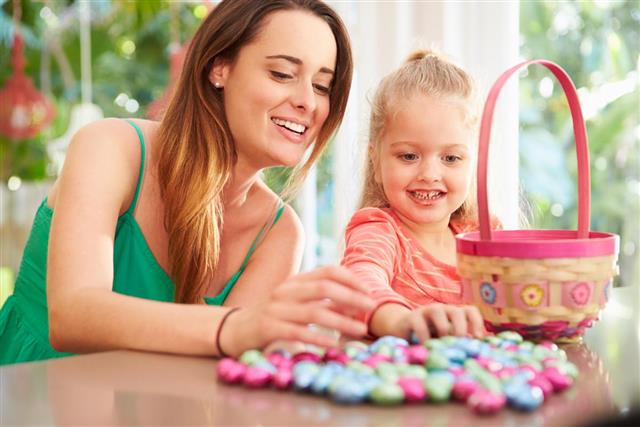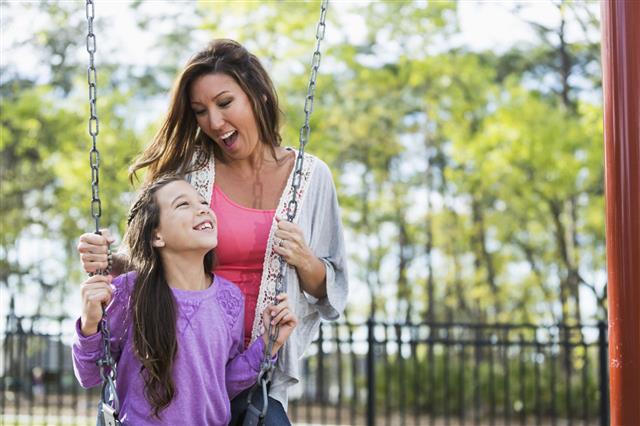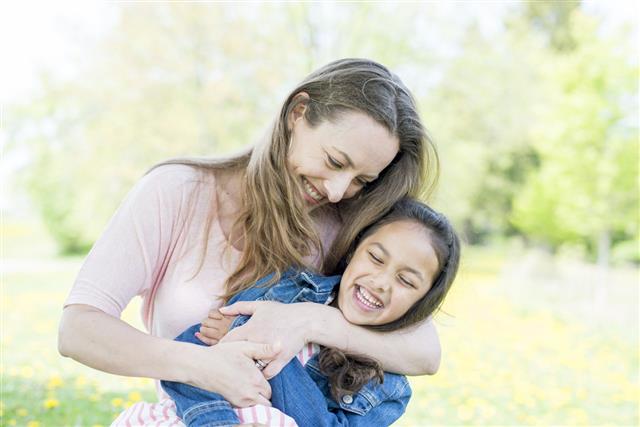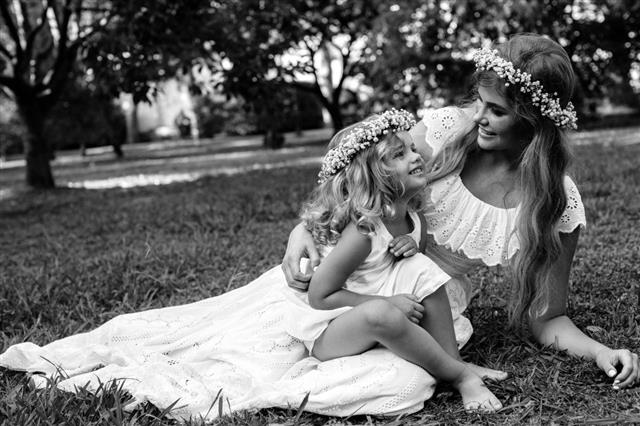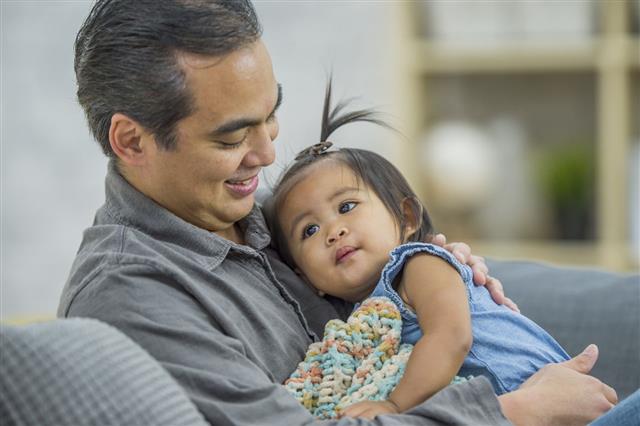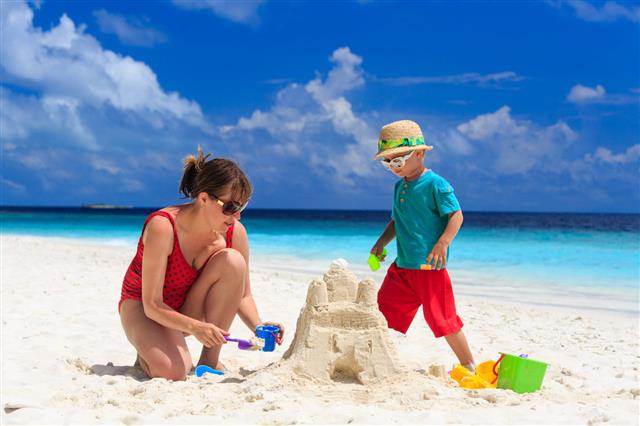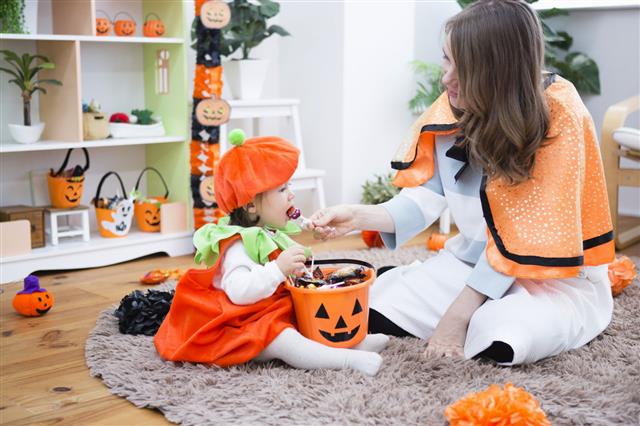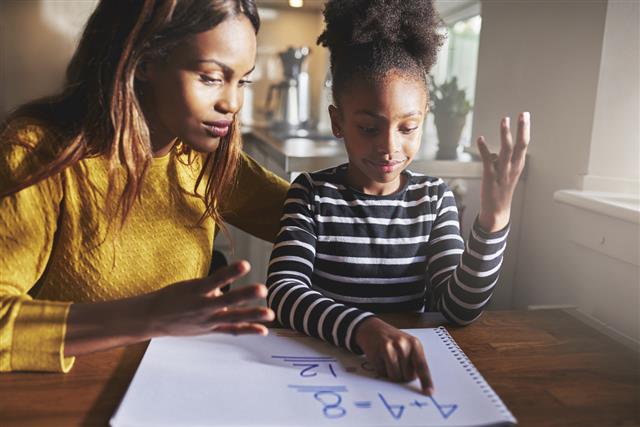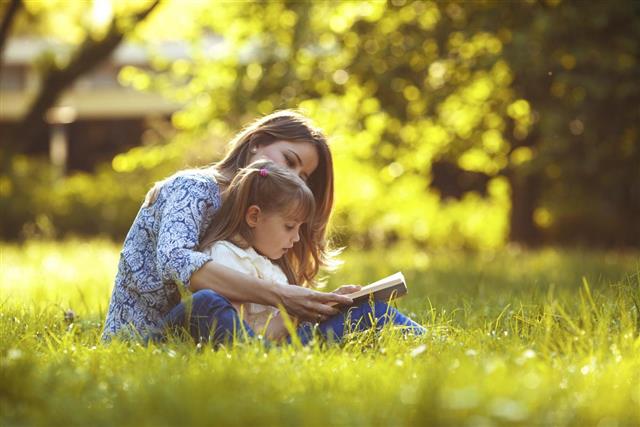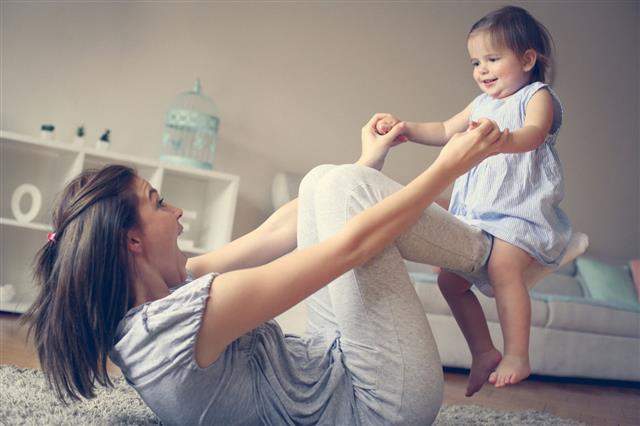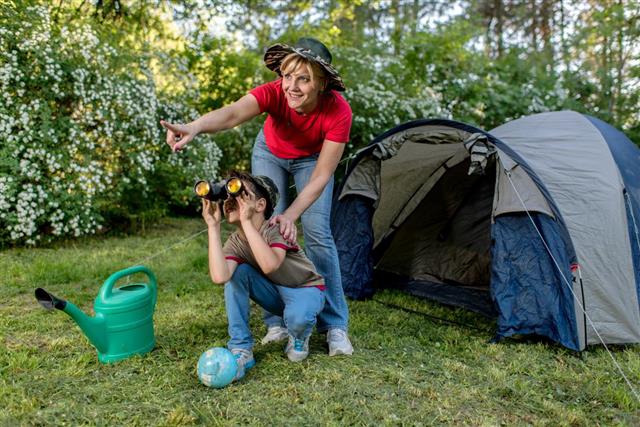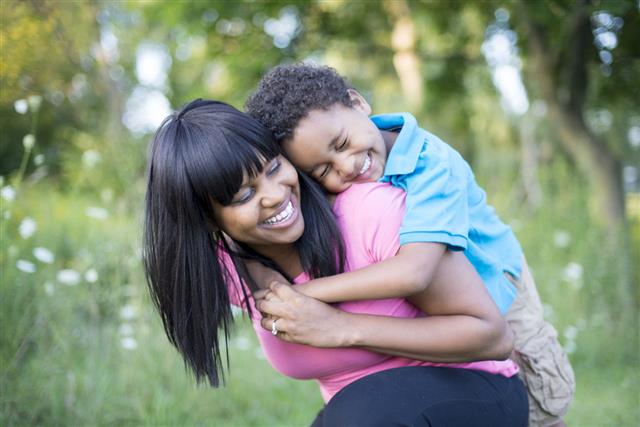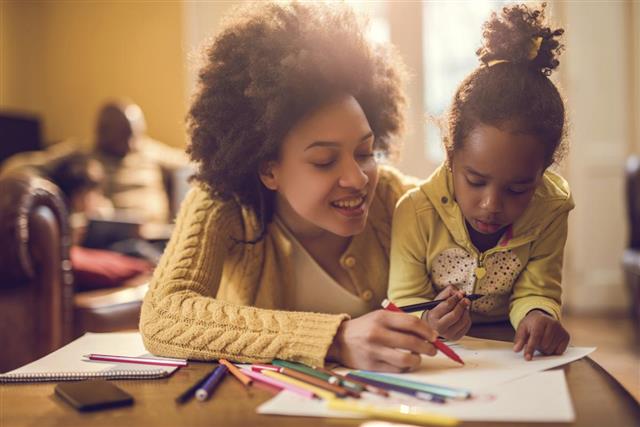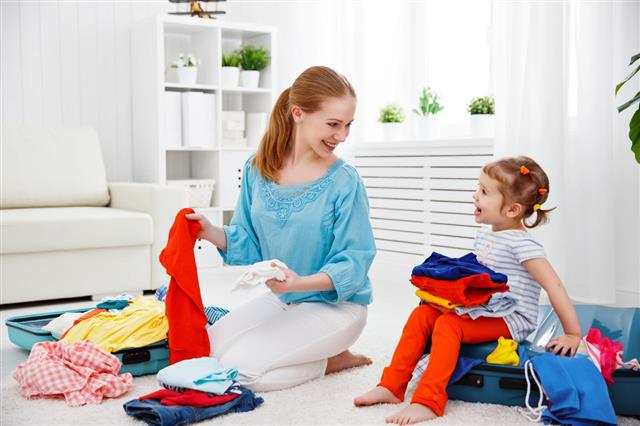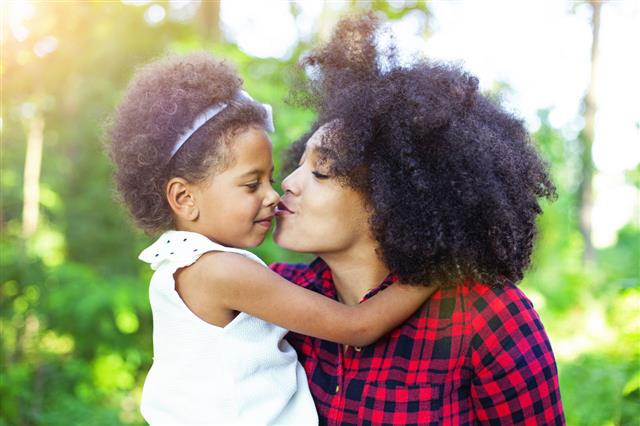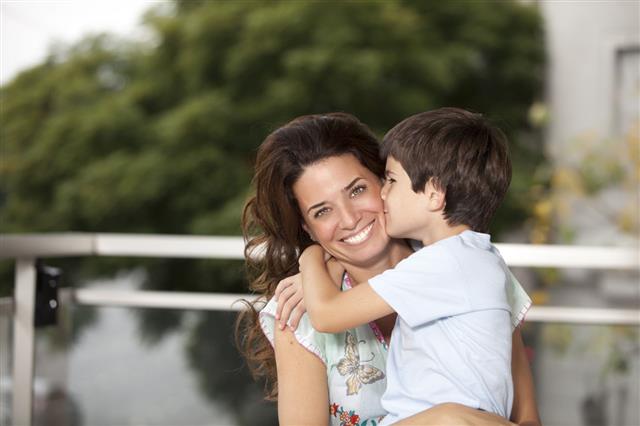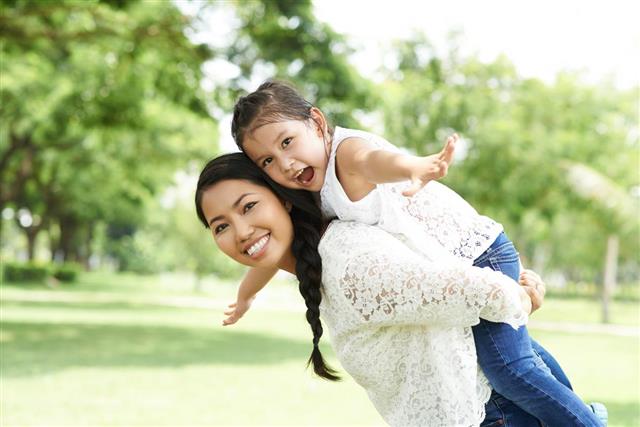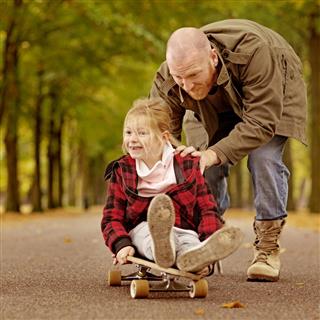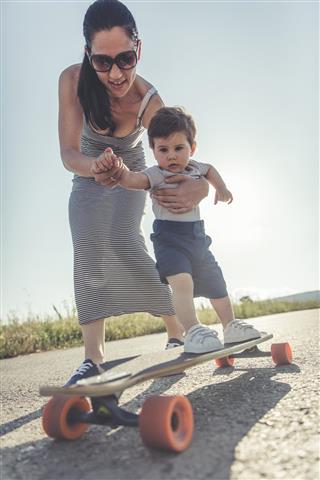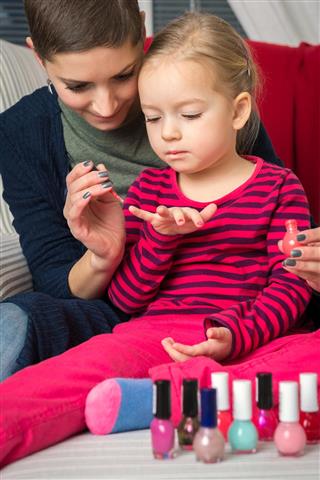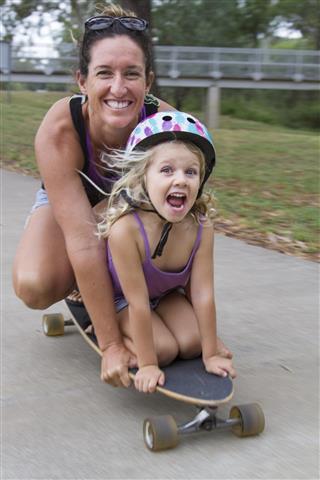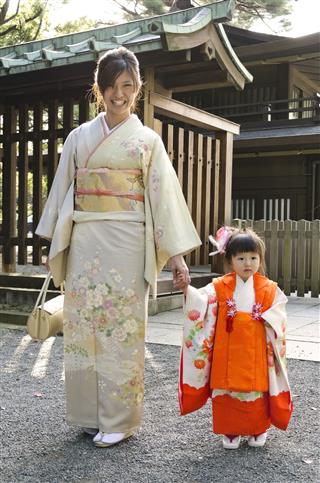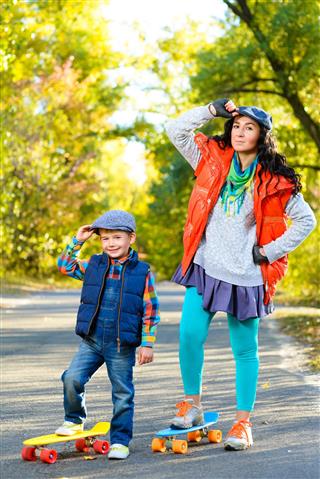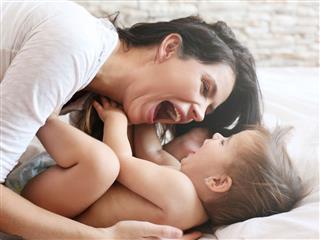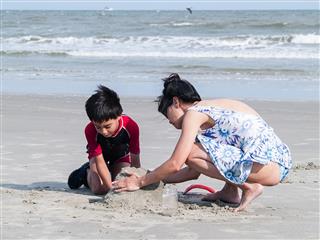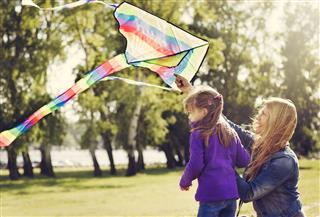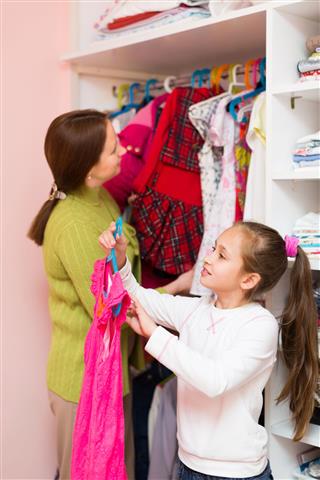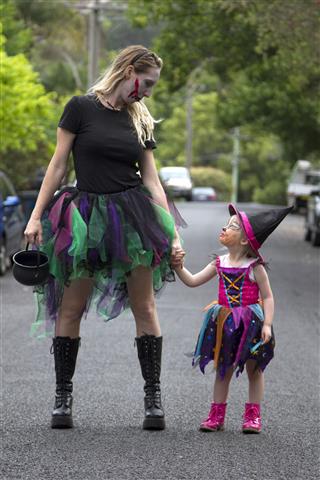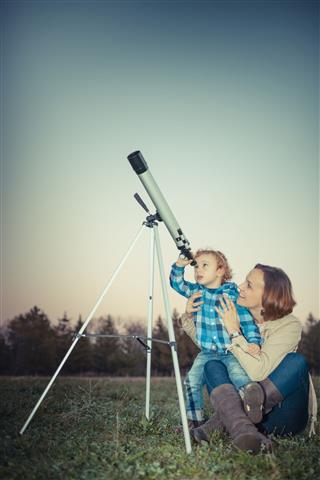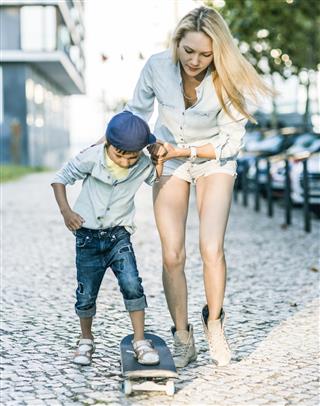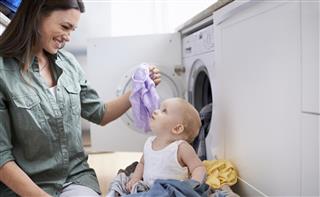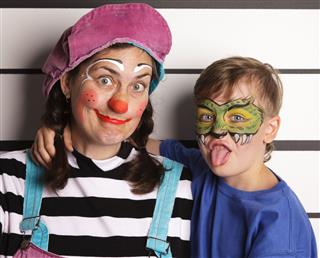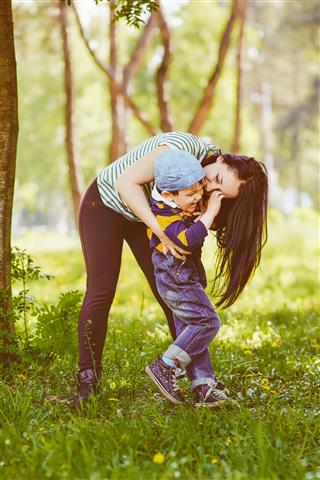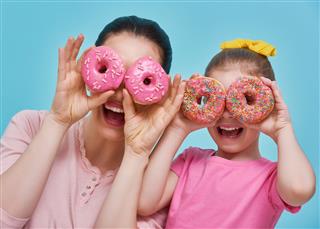
No matter how much a person admires himself/herself, there is always at least one person we really admire and tend to imitate – even if, at times, we might not like the person completely. This human tendency of imitating others we ‘look up to’, plays a greater role in conditioning children, especially teenagers. Here’s why role models are so important for children.
Like sponges, children eagerly soak up behavioral and personality traits from their surroundings. Children unknowingly behave or act like the person they are fascinated with or think is ‘cool’, learn appropriate behavior and try to acquire admirable qualities from them. The individuals they try to imitate intentionally become their role models. The reason why role models are important for children is because it is these role models that either inspire and motivate the children, or discourage and admonish them, thereby shaping their character and personality as adults. The following extract from Edgar Guest’s poem The Living Sermon, best describes the importance of role models for children:
“One good man teaches many, men believe what they behold;
One deed of kindness noticed is worth forty that are told.
Who stands with men of honor learns to hold his honor dear,
For right living speaks a language which to every one is clear.
Though an able speaker charms me with his eloquence, I say,
I’d rather see a sermon than to hear one, any day.”
Importance of Role Models for Children
Perception of Life
Children are known to be very keen observers and once they latch on to something, it is more than likely to stay with them for life. They tend to look at life through the eyes of the person they are close to or want to be like. If their role model is optimistic, there are more chances of them looking at a glass as half-filled, than if that role model was pessimistic. The role model becomes their standard of measurement or ‘idol’. So how they perceive themselves is based on how similar they are to their role model or how the role model looks at them.
Personality and Attitude
Because they follow the actions of their role models so closely, children adapt the personality traits and attitude of their role models. The response of their role models to a certain situation or circumstance, often determines the course of action the child will take. Children learn to like or dislike certain things by gauging the personality and attitude of the people they admire.
Aspirations and Ambitions
One reason why children keep changing their answers for ‘what would you like to be when you grow up’ is because they are influenced (inspired or disgusted) by individuals in a certain field. How far they are willing to go, how much they are ready to put in and what they think they need to do to fulfill their dreams, depends on the determination (or lack of it) shown by their role model.
Social Relationships
Man is said to be a social animal but not all animals are domestic. The point here is that children view the social relationships (family or public), mainly in the light of the importance these relationships hold in the life of their role models. Their expression of their feelings are many times a reflection of their role model’s outlook.
Importance of Parents as Role Models
According to a study conducted by the Los Angeles County Department of Health Service in 2002, it was found that around 56% of adolescents ‘identified with the role models’. Out of these, those having personal or direct contact with their role models had higher self-esteem and were better at academics as compared to those who didn’t. As such, children who have positive role models, have more self-confidence and are more optimistic about their future. They learn to handle themselves well in social settings and positively interact with those around them. Children with positive role models are more motivated and have a higher drive to achieve. They are better at understanding their priorities in life and balancing themselves accordingly.
Children benefit more from their role models, if they are in personal contact with them and if that role model is someone they see every day, the positive impact is greatly increased. One reason for this could be because, a role model is human and will fail or go wrong at some point in life. If the children know the circumstances leading to ‘the fall’ closely, they are less likely to feel disappointed and a firsthand knowledge of the consequences of the mistake will serve as sufficient warning to avoid the same pitfall. That is why, children who have their parents as positive role models have a well-rounded outlook towards life instead of a rose-tinted one. They find it easier to deal with the highs and lows of life because they have seen their parents do it before. They find a sense of stability and security knowing that they will overcome failures just like their parents before them. Besides, it becomes easier for parents to discipline and guide children and also keep negative influences (peer pressure included) at bay, if they are the role models. Hence, it is no wonder why children who have parents as their role models have lesser behavioral issues.
Many psychologists believe that over 95% of an individual’s behavior is learned by imitation or modeling of those around him/her, mostly in childhood and adolescence. This fact alone is enough to emphasize the importance of being a good role model for children, plus the relation between positive role models and children. One very important thing to keep in mind about role models for children is that what the children might not learn through repeated instructions, they will quickly adapt through example.

